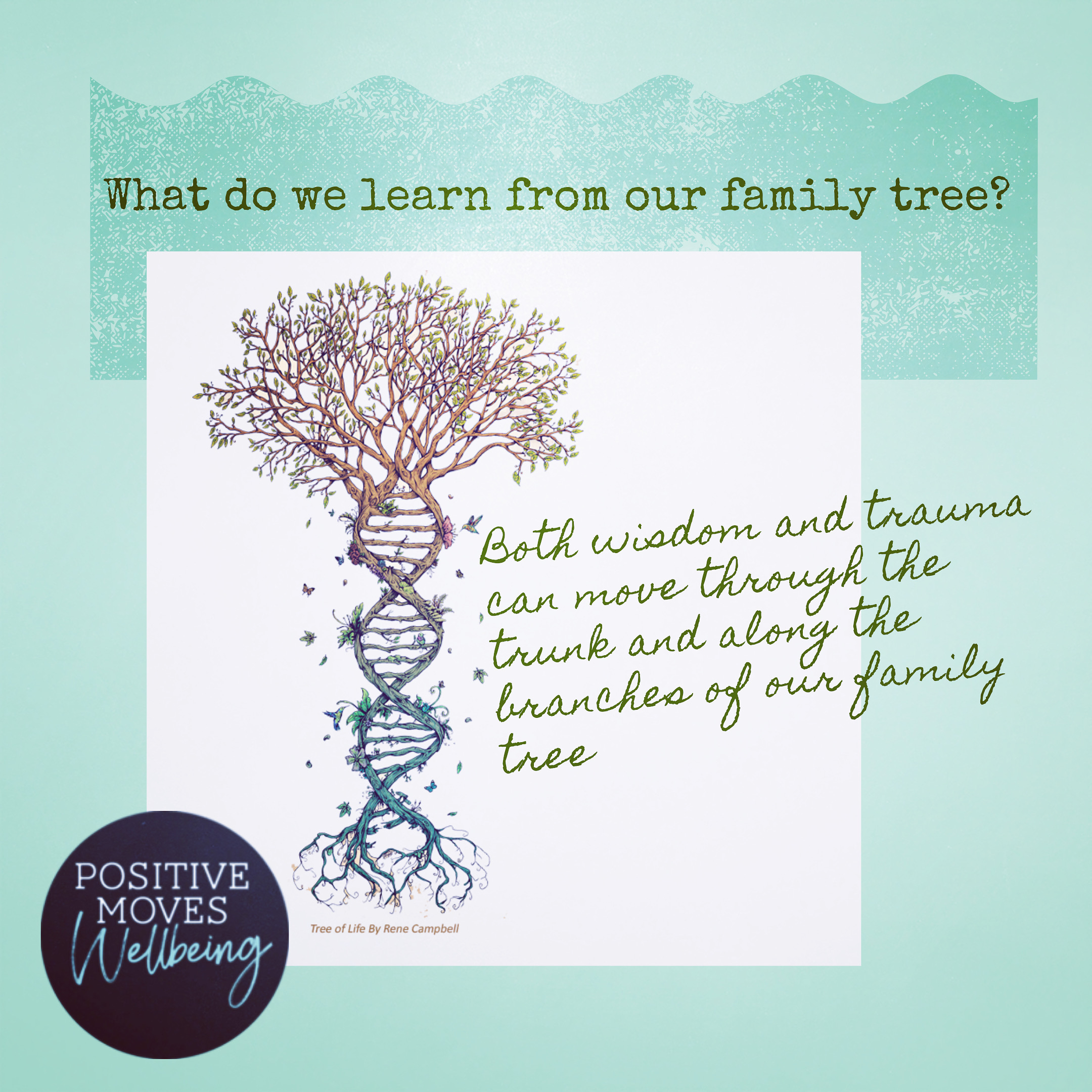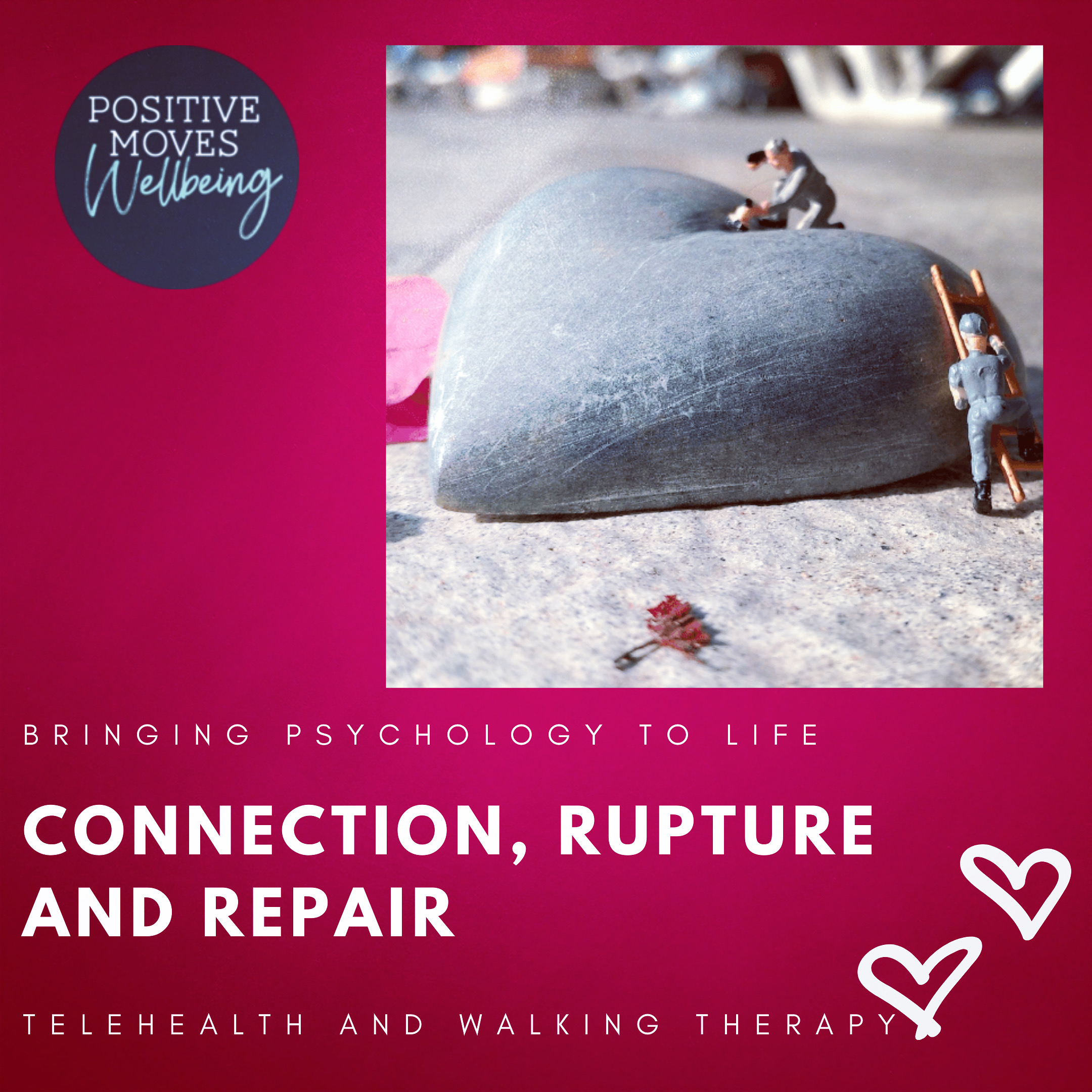Attachment Is Not Just For Babies
“We are not the survival of the fittest, we are the survival of the nurtured”
It is an interesting time to focus on the health of our relationships and how attachment influences the way we interact with those around us. Our attachment system evolved to help us mediate threat and danger in life. We want to recognise threats as early as possible and be protected against danger and we are predisposed to seek proximity to protective others when our nervous system detects danger. Yet, with the advent of this virus, we have been asked to keep our distance, something counter to our evolutionary adaptation. At a time when we might be experiencing overwhelm or fear we are unable to kiss, hug and touch those we would usually seek comfort with. Whether we are facing the impact of current events with a foundation of secure attachment or an experience of less secure attachment, we are all impacted in some way.
The state of our relationships contribute to our mental health and wellbeing because we are social animals. Social pain and poor relationship health signal a danger to our survival in much the same way as physical pain can. Relational psychology and attachment theory help us understand how early caregiving experiences shape the way we perceive close relationships with others throughout our life. We inherit far more than the shape of our nose or the colour of our eyes. We can also inherit insecurities and unresolved traumas. Our adult relationships, and the way we respond to intimacy and separation, can reveal some of the patterns we unconsciously acquired growing up.
Nurturing and Responsive Interactions
Our experience of caregiving can provide security to venture out into the world assured we have the resources we need to deal with life. When our attachment is developed through responsive interactions it gives us a sense the world is largely safe and predictable. On the other hand, early relationships with people who are less attuned, physically absent or psychologically unavailable, means we can miss that sense of safety. Disconnection places stress on the developing nervous system and later in adulthood a cascade of stress hormones can increase our susceptibility to physical, emotional and social disruption.
Knowing what was laid down in our early years helps us to better understand feelings and behaviours that otherwise seem inexplicable. It might make sense of our fear of abandonment or intimacy, the root cause of our anxiety about unfamiliar situations, or our heightened sensitivity to criticism. Understanding the source of our distress can shine a light into dark places. We can then mitigate or even reverse any biological and psychological consequences of our earlier experience of relationships.

Attachment Is Not Just For Babies
One of the biggest misconceptions I encounter in therapy is the idea that attachment is something restricted to the interaction between a caregiver and child. People can be reluctant to reflect on their history for fear we get stuck there. In reality, our pattern of attachment has relevance to our social interactions throughout life including:
- Feeling misunderstood by a parent, partner, or boss
- Fear of getting hurt, rejected, abandoned, being left without
- Dishonesty, secret keeping, and manipulating the truth
- Getting defensive, shutting down or running away when things get difficult
- Ignoring your needs to keep a relationship, maintain an image, or attain validation
- Avoiding commitment
- Trying to change or rescue others
- Blaming others for your suffering and frustration
- Seeking or avoiding conflict
“The environment of our upbringing
influences the way we love and expect to be loved”
Thankfully our relational health does not depend on perfection, good enough does just fine. Even when there has been a trauma or rupture in our early relationships, our brain has the potential to develop and grow. Interpersonal neurobiology and neuroimaging demonstrate how the brain changes over time based on new relationship experiences. What may have been adaptive early in life is not pathological and we can develop healthier forms of relating and regulating. Every interaction we share is a potential intervention. When we act counter to established patterns, relearn ways to create safety in our own body, and understand how to nurture ourselves we shift our default mode and enhance the health of our relationships.
Understanding attachment can influence not only our mental health and wellbeing but can also help us defuse conflict and build security with partners. Nobody thrives when they feel unsafe so the health of our relationship relies on our ability to co-regulate and repair that inevitably arise. When we know someone well, we know how our responses impact them and we can choose attuned responses that provide a sense of comfort and safety. Transforming insecurity into a feeling of safety and support is experience dependent – we need to feel it. We need to regulate (calm physiological responses triggered within us or our partner), relate with sensitivity, and only then move to reason. Where we often go wrong is attempting to talk our way out of difficult feelings without attending to the state of our nervous system first.

Rupture, Repair and Connection
Ruptures are normal and healthy in any relationship. The disagreements in adult relationships are rarely about the dishes, the budget, or the state of the bathroom floor. Ruptures are more likely triggered by the question – “are you there for me?”. When we feel disconnected the ground is fertile for a fight. Research by Dr John Gottman suggests four elements that are particularly destructive for the stability and health of our relationships.
When we quickly jump to criticism of others character it is usually because we are triggered by a particular element of their behaviour. We are most judgemental when we feel vulnerable (perhaps guilty, ashamed, or fearful) and the more uneasy we feel, the stronger and harsher our judgements will be. Of course criticism naturally elicits defensiveness because when we are under attack the only thing left to do is dig in and defend who you are. Defensiveness is an attempt to ward off a perceived attack but it is usually accompanied by denying any responsibility for the problem and so shuts down any opportunity to connect and work together. Contempt shows up when we use statements or nonverbal behaviours that attempt to put us on a higher plane (e.g. mocking, eye rolling, dismissing, and correcting). Studies have shown the number of contemptuous expressions exchanged in a relationship is predictive of a partner’s ill-health in the subsequent years. Finally, stonewalling is the adult equivalent of the ‘still face experiment’ in early attachment studies. This study highlighted just how distressing it is when a partner withdraws from the dance of non-verbal engagement that helps to regulate an interaction. Without these cues one person effectively leaves the interaction and are no longer there for us. This is deemed a threat to our survival and triggers physiological arousal.
We resort to these behaviours when something about the current situation is touching a historic wound and we are challenged to regulate our nervous system and process the underlying emotions before we can productively engage.
Building Security
Studies from effective relationship therapy suggest greater security derives from greater accessibility, responsive interactions, and emotional reciprocity between partners. We provide accessibility when we are open, paying attention to words and actions, and sensitive to others attempts to reach out to us. Even when we are not able to be physically present, we can make contact in ways that let others know we are keeping them in mind. Listening and validating others is a powerful way to convey we are available even in a lockdown.
Healthy relationships are also characterised by a responsive dance of give and take, noticing and responding, offering and receiving bids for connection. When someone approaches and their attempt to connect is received, trust and security increases. This consistency and predictability in the exchange provides a secure base and we can share and be vulnerable with one another.
Emotional intelligence and the capacity to share emotional experiences further strengthens the bond between us. When we practice being curious about our emotional experiences, and the emotions of others, we deepen our understanding. Reflect on feelings non-judgementally – not as right or wrong but as signals and clues – to better understand the blueprint that lies beneath our interaction.
Like all aspects of our mental health, our relationships take work and need our conscious attention.
- Pause and take a deep belly breath
- Ask yourself what is coming up in your body and mind as you interact with this person?
- What lies beneath your response?
- Is this an old familiar pattern rearing its head?
- Check in with the narrative running through your body and mind.
- Is your interpretation based in the here and now or on historical patterns?
- Choose a response consistent with the kind of relationship you want to grow.
Perhaps you were raised for autonomy and self-reliance and believe you must stand on your own two feet and nobody can tell you what to do. Or perhaps you were raised for loyalty and interdependence and feel obligated to others and reliant on them in times of trouble. Different outlooks impact the way we navigate our adult relationships and how we understand our relationship to others. Each outlook comes with an entire set of expectations, behaviours, frustrations embedded. Growth comes when we choose a response consistent with the kind of relationship we want for ourselves. We do this for the sake of our mental health and for the wellbeing of those we interact with.
#interpersonalrelationships #relationalhealth #adultattachment #togetherapart #relationshipsmatter #nervoussystemresilience #emotionregulation #emotionalintelligence #bringingpsychologytolife #therapyisforeveryone #integrativetherapy #mentalhealth #melbournepsychologist #resilienttogether #thebodykeepsthescore #habitsofhealth #growyourmind #outdoortherapy #telehealth #walkingtherapy


